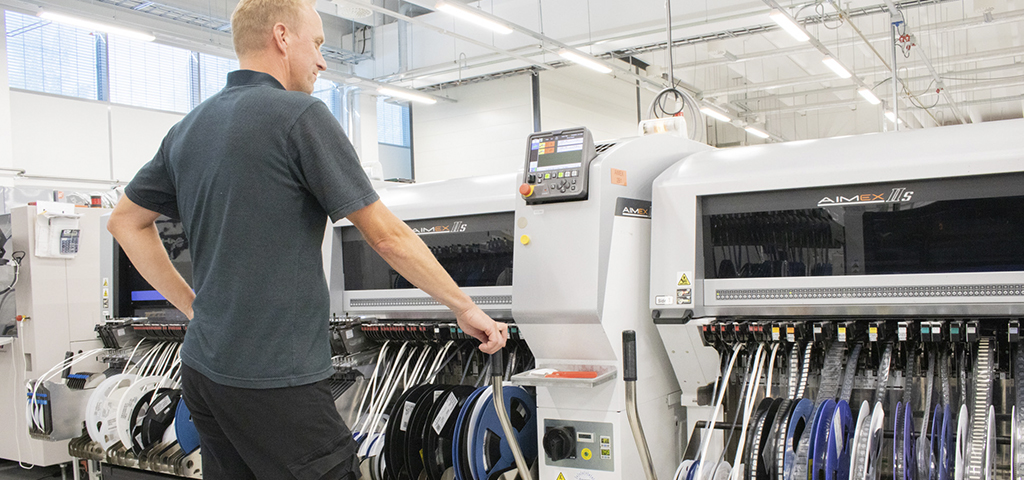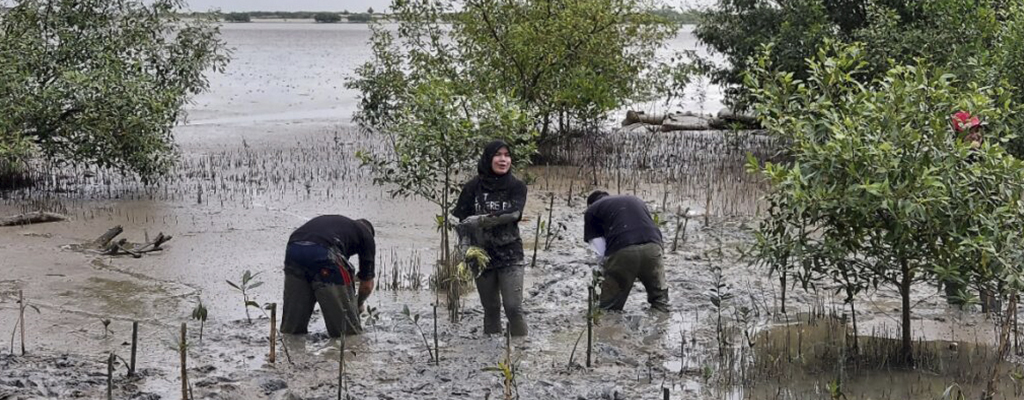Sustainability Management
Sustainability Management System
In addition to taking sustainability considerations into account in the execution and development of our daily operations, we monitor our sustainability progress and report on it annually. At Teknoware, we have implemented a Sustainability Management System throughout our operations, which includes key performance indicators for environmental, social and economic sustainability as described in the section below.
In addition to systematically improving the sustainability of our day-to-day operations, we aim to identify suitable sustainability projects that we can contribute to in our respective communities worldwide. Some of these initiatives are described in the section on “Everyday Sustainability at Teknoware” below.
Sustainability Management System — Our Key Performance Indicators
To understand our baseline and how to make improvements, we have set Key Performance Indicators (KPIs) for environmental, social and economic sustainability for Teknoware worldwide and report on the progress annually to our stakeholders. The KPIs have been identified to monitor progress on the following aspects of environmental, social and economic sustainability.

Environmental sustainability
As the point-source emissions of our operations are very low, waste generation and energy usage have been identified as the most material environmental topics in relation to our operations. Identifying the sources of waste and the processes with the highest electricity consumption is paramount for improved energy efficiency of our operations and waste reduction at Teknoware sites.

Social sustainability
Human rights (including labour rights), diversity in the workforce, and employee safety and well-being are the material social sustainability aspects at Teknoware. We have identified specific KPIs for each of these and monitor them annually. The social sustainability of our value chain is also considered a material topic and is followed up closely in our supply chain management process.

Economic sustainability
At Teknoware, we recognize that as an industry, and part of society as a whole, we need to increase our efforts to move away from the linear economy towards a more circular one. We aim to increase our understanding of reusing and recycling materials and improving the circularity of our own products. We aim to incorporate Life Cycle Analysis (LCA) as the first part of any design process to understand where we can re-use and recycle materials and reduce the impacts of our products.
Everyday Sustainability at Teknoware

Respect for people
We are committed to conducting all business activities in an ethical manner. We also strive to look after and develop the well-being of our employees and make sure they feel safe, included and appreciated when working for us. We want our employees to feel they can develop and grow with us.
A major role of any sustainable business is to provide safety and support to the people and communities on whom it has an impact. Such a commitment extends well beyond our own employees to encompass the families of our employees, the people who work for our suppliers and their families, as well as the people who use our products.
To fulfil our commitment to the communities we operate in, we aim to identify suitable community initiatives for collaboration. Our community initiatives aim to create long-term benefits for both Teknoware and society in the following areas that are directly linked to our business: youth, education, the local environment, health, and local community.

Sustainable products
A product’s life cycle begins when the raw materials are sourced and ends when the product is properly recycled or disposed of. Throughout this life cycle, the product may have various types of direct or indirect environmental and social impacts across the entire value chain.
At Teknoware, we believe everything must happen in a way that respects the people, communities and natural resources involved, and builds a solid base for business development and growth. We are committed to only conducting business with organizations that share our vision of a sustainable future. Teknoware determines whether a supplier meets certain set social, economic and environmental standards through an evaluation process, and we will stop working with a supplier that does not meet these requirements.

Sustainability management in action
To present more than just words on sustainability, we have also taken actions worldwide towards a more sustainable future. We believe not only in everyday actions, but also in commitment to global and local sustainability projects.
Our site in Finland fully utilizes renewable energy, and solar panels were installed at our premises in both Poland and Finland. A project aimed at reducing material usage has been started in the UK. We have also raised awareness about energy saving at all our sites through both training and campaigns.
In 2022, some employees of Teknoware Asia and their family members planted 200 mangrove plants in the nearby area of Johor in Malaysia. Mangroves contribute to coastal protection from erosion and play a vital role in maintaining water quality, trapping sediments and filtering pollutants originating from activities in the surrounding areas. Basically, mangroves are essential to tropical coastal ecosystems. This was done in collaboration with the Malaysian Nature Society, an organization with which we intend to partner for years to come.
Society & Social Governance


More about Teknoware


